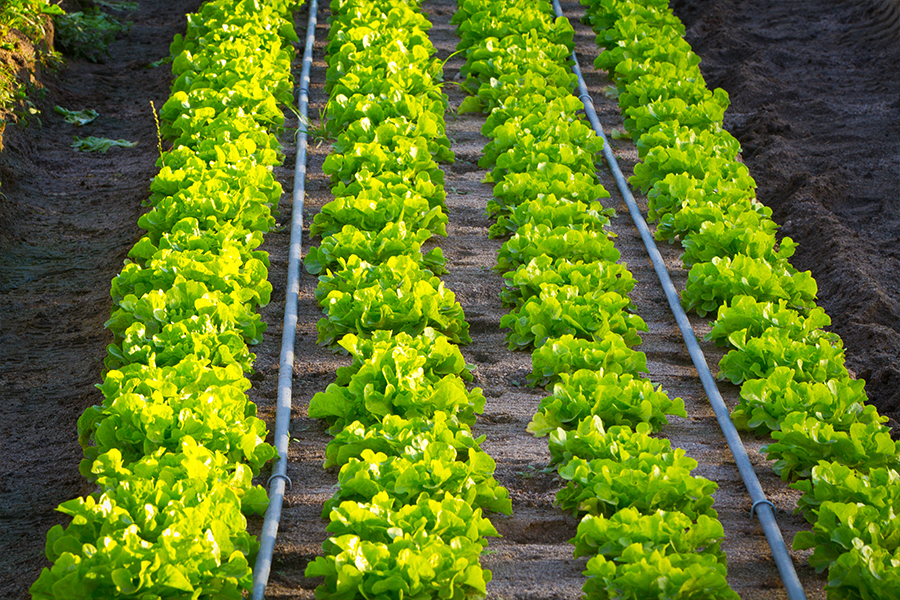
- Sustainable Planet -
- 7mins -
- 115 views
Wide Open Agriculture brings regenerative farmers and consumers together while improving soil health
Western Australia’s leading regenerative food and farming company is committed to rebuilding healthy soil, enhancing biodiversity and restoring waterways while seeking strong, sustainable financial returns and making a positive, measurable impact on the ecosystems and communities in which they operate.
Wide open agriculture: bringing farmers and consumers closer together
Wide Open Agriculture Ltd (WOA) is a Regenerative Food and Farming company based in Western Australia’s Wheatbelt, and the world’s only publicly-listed company seeking to deliver ‘4 Returns’ – measurable outcomes on financial, natural, social and inspirational returns, so that everybody—including the environment—wins.
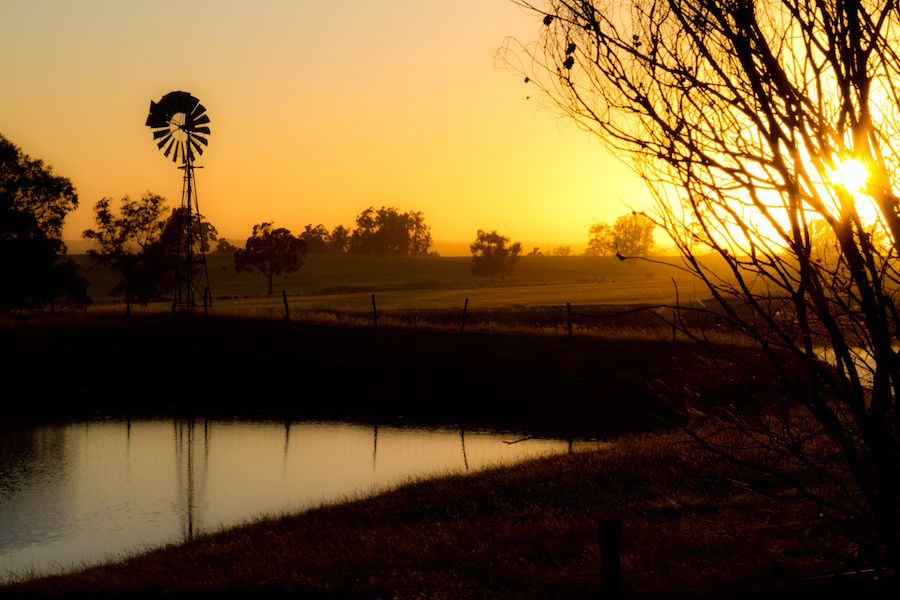
A different approach to conventional farming
Like any business, Wide Open Agriculture is a food and agriculture company that wants to be profitable, but they are also keen to deliver real returns to the local communities and the ecosystems where they farm. Their stated aim is to improve biodiversity, carbon retention, water quality, and revitalise soil health. However, in order to do that you have to farm differently to conventional farming approaches…
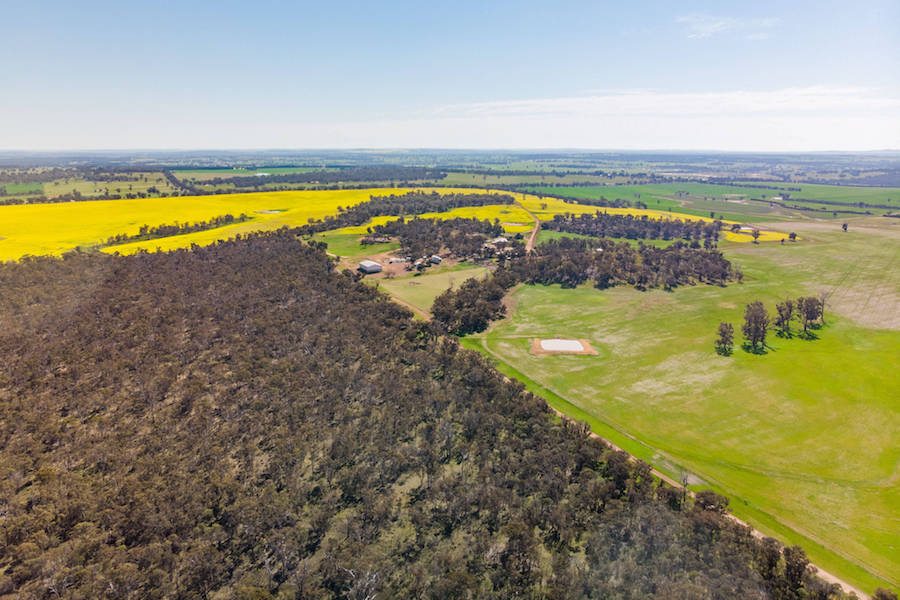
building a new food and farming system to make a healthier world
At WOA they have one overarching purpose that motivates everything they do: to build a new food and farming system to make a healthier world.
Today, most farming practices degrade the land and environment. Healthy soil is depleted, treated with chemicals and leached of nutrients. Food is less nutritious and farming communities are shrinking as jobs disappear.
WOA know this story all too well. They’re from the Wheatbelt of Western Australia. However, the challenges they face – ecosystem degradation, limited job opportunities and depopulation – have inspired them to make a change, because they know there is a better way.
‘We choose farmers who are committed to a regenerative journey to rehabilitate and enhance the entire ecosystem of the land. This means our customers can buy delicious, nutritious food from healthy land that’s getting healthier.’ — states the website.
‘Our regenerative farmers believe, like us, that if we take care of the soil, it will take care of us. They believe in healthy food, grown right.’
These regenerative practices not only mean healthier plants and animals, they help fight the climate crisis by pulling carbon from the atmosphere and sequestering it in the ground where it belongs.
Wide Open Agriculture say they are ensuring this happens because they’re going to make it the new normal.
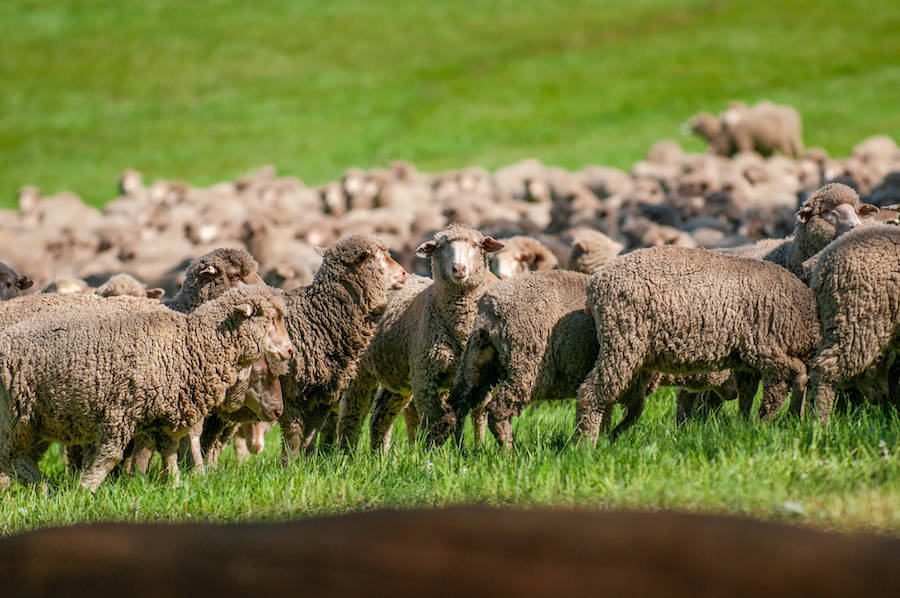
food and agriculture systems can be good to farmers, the farmland and the communities around them
Conventional farming approaches in a place like Australia’s wheat belt are very much focused on efficiency and scale. To achieve that, farmers need to buy a lot of land. This can lead to debt, which means farmers have to operate using lower risk approaches, which generally means being heavily reliant on high chemical farming inputs.
However, there is an appealing alternative direction to that; a way of keeping to existing scale and keeping more farmers farming. The founders of Wide Open Agriculture are big believers in family farms and also allowing them to farm in a way that reduces some of the risks associated with chemical farming.
“Consumers and farmers can really reconnect and that dialogue can become more progressed as to, ‘So how do you farm your food?’ and ‘How do I want to consume my food?’ and bringing those parties closer together. Because now I feel there’s quite a quite a divide between the farmer and consumer.” says Ben Cole, Managing Director of Wide Open Agriculture.
“So doing something with a real sense of purpose and really what we’re trying to do is show that food and agriculture systems can be done in a way that is good both to farmers, the farmland and the communities around them.”
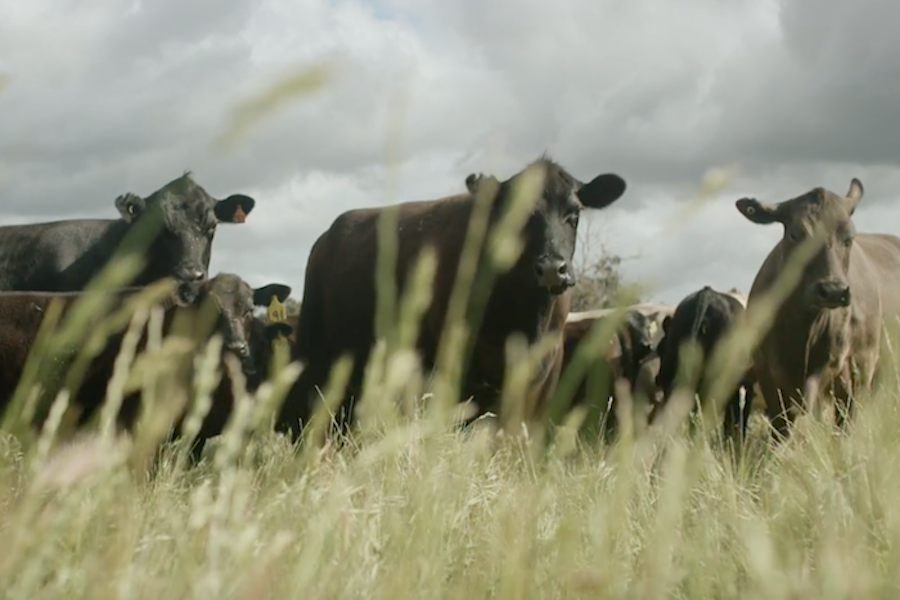
What are the core values of Wide Open Agriculture?
- Working with Nature
Soil and plants. Herds and grasslands. Bees and flowers. They’re all examples of Nature being a team sport. We all know that trying to control or dominate nature backfires. The land becomes degraded, the animals die off, the food becomes empty and ultimately our lives become poorer. So we work with Nature.
- Using business to promote Nature
Some people believe that all business is simply bad. But that’s neither always been the sentiment, nor does it have to be. Businesses are a human construct. They work best when they serve by creating value. So it’s up to us. We’re part of a movement that is leading business to be a force of human endeavour that encourages and regenerates Nature.
- Working fairly with people
Consumers get food that’s packaged here but probably from over there, which isn’t good, but they just don’t know. Farmers get paid for their grain based on the going rate for their crop as a global commodity. And investors are betting, because their shares come from an industrial farm system that devalues the very asset it is produced on. Consumers deserve real food. Farmers deserve a better share. And investors deserve less risk. That’s fairer for everyone.
- Learning and growing
Like Nature, we get feedback, we sense and respond, and we keep growing. Because we’re here to overturn convention.
Wide Open Agriculture wishes to acknowledge the traditional custodians of the land where they work, farm and sell food, the Noongar people. Wide Open Agriculture wishes to acknowledge and respect their continuing culture and the contribution they make to the life of cities and regional towns.
Source: WideOpenAgriculture.com.au
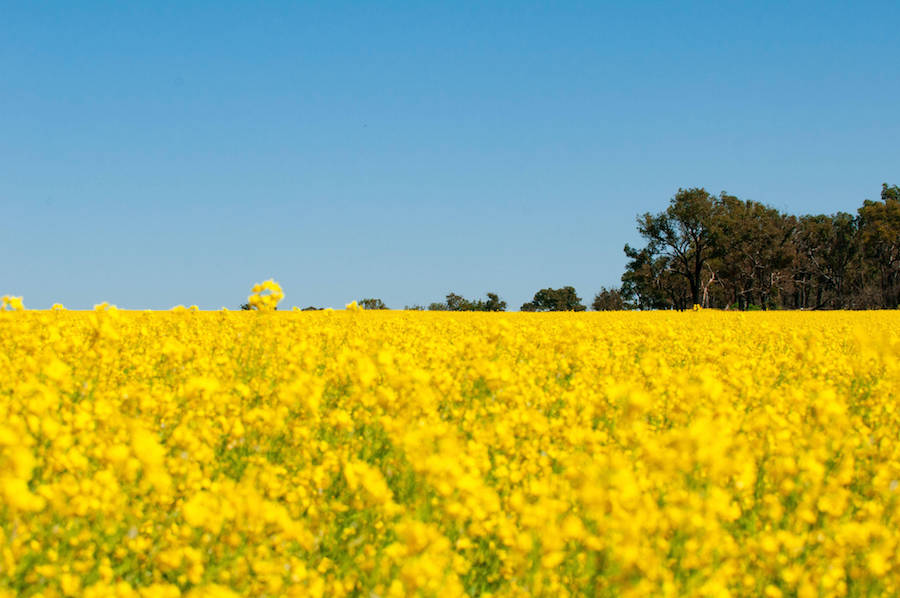
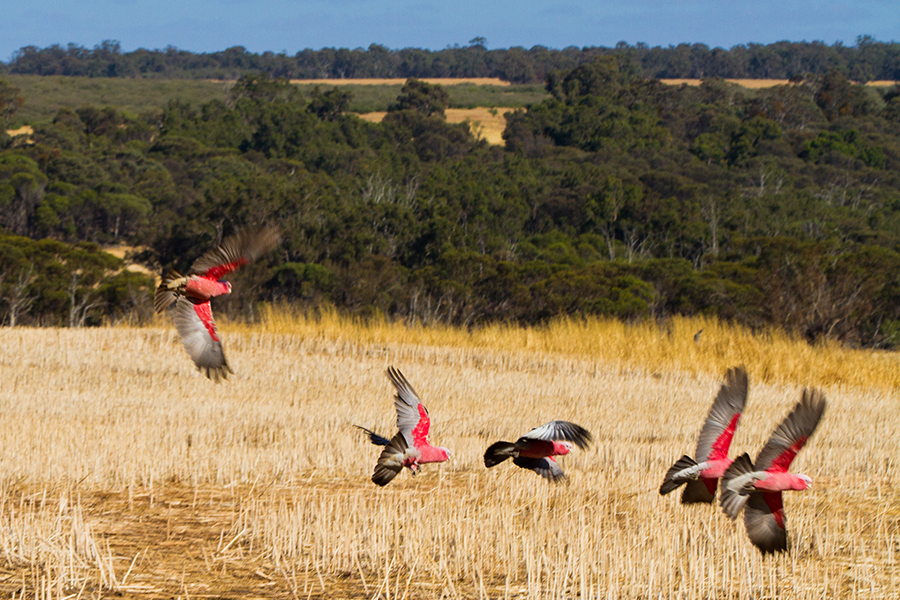
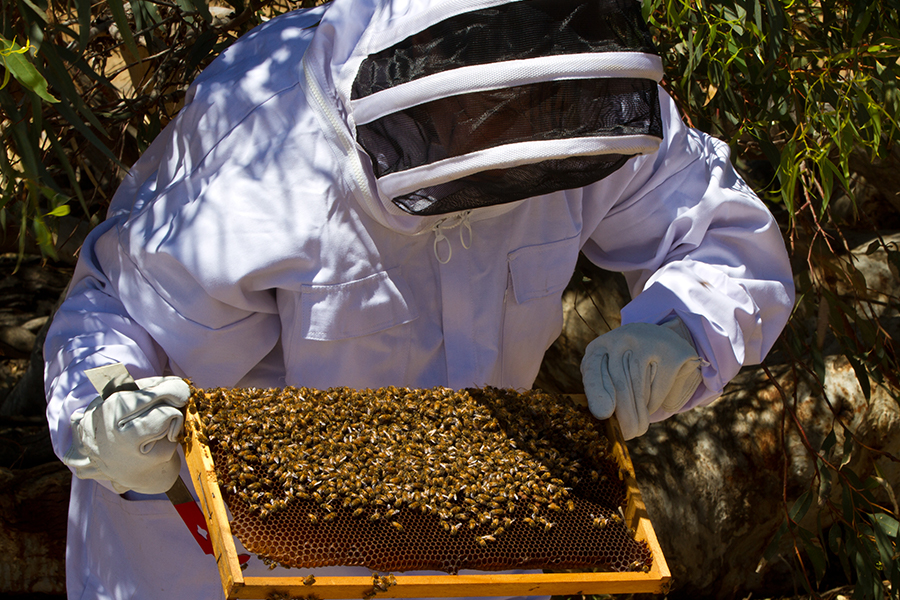
Wide Open Agriculture embodies the mission of The Sustainable Urban Delta Foundation
Wide Open Agriculture is a great example of the type of initiatives that embody the mission of The Sustainable Urban Delta Foundation, which is: to inspire and empower cities to become food producing communities, creating a healthy and sustainable living environment.
The Sustainable Urban Delta Foundation was established to inspire megacities to make choices that open the door to healthy and sustainable urban growth. A crucial element of their approach is the production of local, healthy and fresh food. This can either be done inside cities or on undeveloped agricultural land surrounding cities, known as green belts. Sustainable Urban Delta aims to be the catalyst and the connector in order to create a better future.
In order to show how urban environments can be transformed, Sustainable Urban Delta helps city governments, organisations and citizens to create tangible results. Watch their video on Wide Open Agriculture below.
Source: SustainableUrbanDelta
